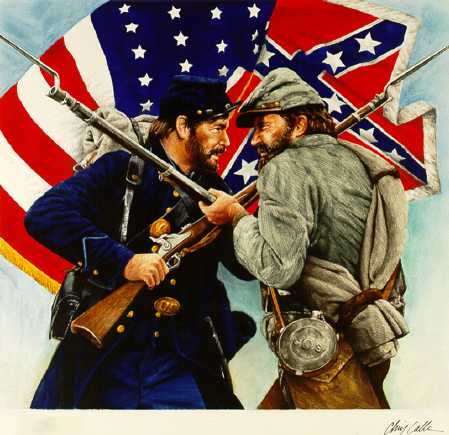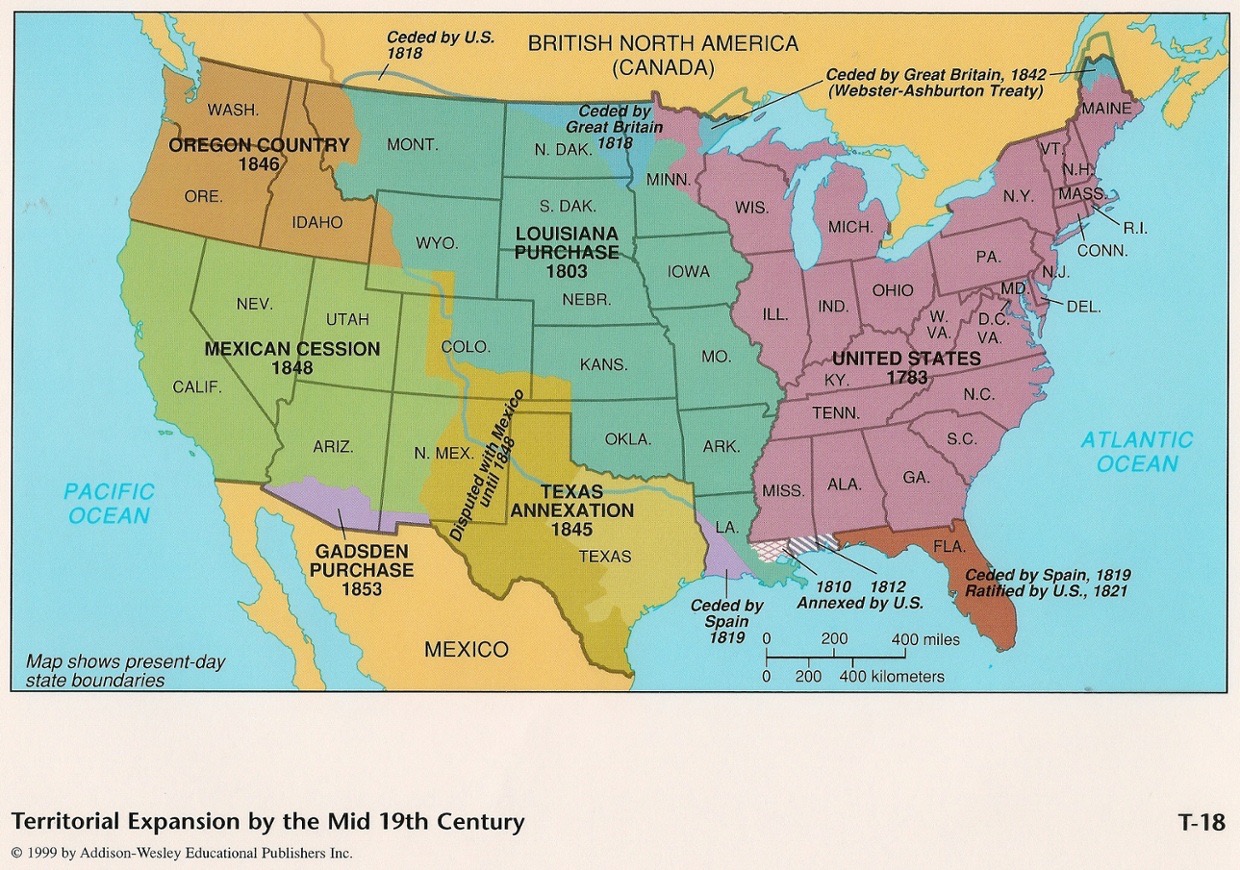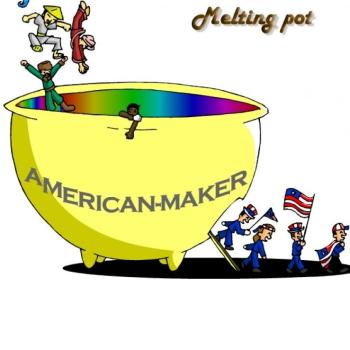
More than 150 years after the end of the Civil War, historians still debate what really caused the bloodiest conflict in the nation’s history. There are a good many people, especially Southerners, who will argue that the Civil War was less about slavery and more about states’ rights. I have always had a hard time swallowing that argument. To me, saying the Civil War was not caused by slavery but rather states’ rights is akin to saying that the main cause of death is birth. Sure, states’ rights was a factor, but states’ rights to do what?
Yet, to only say that slavery caused the Civil War is far too simplistic as well. Slavery was well entrenched in America long before there was a sovereign nation here. The fact is, although there was a growing abolitionist movement in the middle of the 19th Century, as long as slavery remained within its traditional boundaries, there was no immediate danger of a civil war. More on that later, but first let’s consider some misconceptions.
It is far too easy for us to look at the Civil War as the good guys vs. the bad guys. We tend to imagine the Mason-Dixon Line in 1861 as the border between the pious North and the morally bankrupt South. This is just not a fair assessment. Just as not everyone in a “blue state” today is a liberal and not everyone in a “red state” is a conservative, the same holds true for America in the 1800’s. It is a fact that most Southerners did not own any slaves. Southern socio-political leadership was pretty heavily invested in slavery but the vast majority of everyday citizens of Dixie, like most of us today, were just along for the ride.
Another fact we need to remember is that the North was no bastion of racial harmony and equality, far from it. There was rampant racism in the North. For every William Lloyd Garrison, there were many who would scoff at the mention of equal rights for blacks. The North never really developed a large slave base simply because of geographic factors. They went in a far more industrial direction economically than the South did. This made it far easier for Northern states to phase slavery out whereas, in the agrarian South, slavery became their economic cornerstone to the point where, by the start of the Civil War, slaves were the single most valuable commodity in America. So slavery was not eliminated from the North for moral reasons. Slavery was simply not an economic necessity for the North. And let’s not forget to mention that the North benefitted greatly from slavery. They got a steady supply of cheap cotton to feed their burgeoning textile industry. That cotton was cheap for a reason, a very unpleasant reason that the Northerners no doubt swept away from their consciousness much the same as we sweep away from our consciousness the unpleasant realities behind the reasons for the cheap prices we pay for our shoes and clothing in modern times. (Read the labels of your clothes and investigate the working conditions of the people in the sweatshops from which most of those products come…if you dare.) As with most of history, when you start digging down into the issue of slavery in America you will find that few have clean hands.
All that said, we must remember that, when push came to shove, one side was willing to fight for what was right, and one side chose to fight to protect evil–that can’t be overstated and it is key in the debate about whether to honor the leaders of the failed rebellion.

So what did cause the Civil War? As I stated earlier, it is far too simple an answer to just say slavery caused it. If slavery caused it, why did the Civil War not start earlier? What caused the Civil War was the expansion of slavery.
The Manifest Destiny era which added the vast western territories to the United States was the spark that eventually ignited the flames of war. When new states and territories began to come into the Union in the recently acquired lands in the West, the question of whether slavery would be allowed in those places always turned controversial (often violently so) and the fires of conflict would flare anew.
Ultimately, it was a simple machine, meant to reduce the need for slaves but which had the unintended opposite result, that fueled the blaze. Eli Whitney’s cotton gin was supposed to reduce the need for slaves by replacing their manual labor in the time consuming and tedious process of cleaning the seeds from the cotton fibers. The machine worked so well that getting cotton to market was suddenly about 50 times easier and faster than ever before. The demand for cotton skyrocketed and, to meet increased demand, the Southern planters needed more land to grow it and more slaves to plant, cultivate, and harvest it. All that new land out west was looking mighty good to the South.
Between 1820 and 1860, civil war could have broken out many times. Only a series of compromises and “band aid”, temporary fixes delayed it. Each and every time the issue of slavery expanding to new states or territories came up, things got ugly fast. By the time Lincoln was elected in 1860, the South had had enough and began the process of secession and forming their own country. They believed Lincoln was going to outlaw slavery–he wasn’t, by the way, but they didn’t give him a chance to prove that. They began to secede before he even took the oath of office.
So, in my humble opinion, you can’t just say slavery caused the Civil War.
You also, most certainly, can’t just say that it was states’ rights and not slavery. There are few things for which I have less patience than to listen to this argument from lost cause “historians.” It is a ridiculous and faulty premise used only for justifying evil.
I believe the evidence clearly shows that the nation was willing to endure slavery, at least for a while, as long as it remained in its traditional confines, but it was not willing to see slavery march westward on the heels of Manifest Destiny. That was the line that was drawn in the sand. When that line was crossed one time too many, the flames of controversy and conflict became an inferno of unimaginably devastating war that lasted four long years, cost the lives of over 600,000 Americans, and left physical and emotional scars which, a century and a half later, have still yet to properly heal.
Reconstruction led to the South pushing back to intimidate newly enfranchised black citizens from exercising their rights. The KKK was born, Jim Crow laws were enforced and spread across the nation, north and south. To say slavery ended a century and a half ago, just get over it, is the the essence of short-sighted and selective memory of history. To emphasize any other cause of this mess than slavery is a slap in the face of reason.
I’m sick and tired of the lost cause argument, let’s bury it, once and for all.
NOTE: Edited and reposted in the light of current events.












